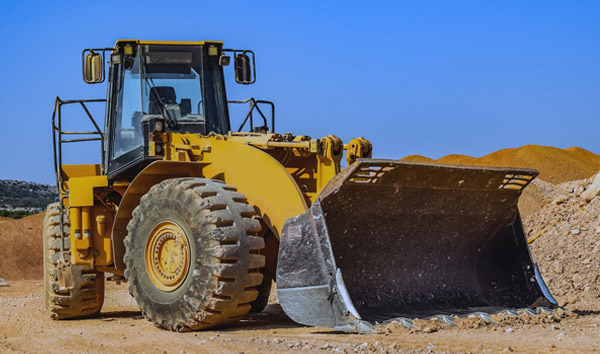Revolutionizing Construction: The Latest in Fuel-Efficient Wheel Loader Models
2025-07-02 03:10:32
The demand for fuel-efficient wheel loader models has surged in recent years, driven by stricter emissions regulations and rising fuel costs. Manufacturers are leveraging advanced engineering and hybrid technologies to deliver machines that consume less fuel without compromising power. For instance, Caterpillar’s 980 XE model boasts a 20% reduction in fuel consumption compared to its predecessors, thanks to its intelligent power management system. This shift not only lowers operational expenses but also aligns with global sustainability goals.
One of the key innovations in fuel-efficient wheel loader models is the integration of electric and hybrid powertrains. Volvo’s L120H Electric Hybrid, for example, combines a diesel engine with an electric motor, significantly cutting fuel usage during low-load operations. Industry data indicates that hybrid models can reduce fuel consumption by up to 30% in typical construction applications. These advancements are particularly impactful in urban projects, where emissions regulations are stringent, and operational efficiency is critical.
Another breakthrough in fuel-efficient wheel loader models is the use of predictive analytics and telematics. Companies like Komatsu have embedded AI-driven systems that optimize engine performance based on real-time workload data. By analyzing factors such as terrain, load weight, and operator behavior, these systems adjust power output to minimize fuel waste. Field tests show that such technologies can improve fuel efficiency by 15-25%, making them a worthwhile investment for fleet operators.
The market for fuel-efficient wheel loader models is projected to grow at a CAGR of 7.2% through 2030, according to industry reports. This growth is fueled by increasing adoption in emerging economies, where infrastructure development is booming. Governments and private contractors alike are prioritizing machines that offer long-term cost savings and environmental benefits. As battery technology advances, fully electric wheel loaders are expected to enter mainstream use, further revolutionizing the sector.
In conclusion, fuel-efficient wheel loader models represent a transformative shift in construction machinery. With hybrid systems, smart analytics, and evolving regulations driving innovation, these machines are setting new standards for performance and sustainability. Companies investing in these technologies today will gain a competitive edge in an increasingly eco-conscious market.













